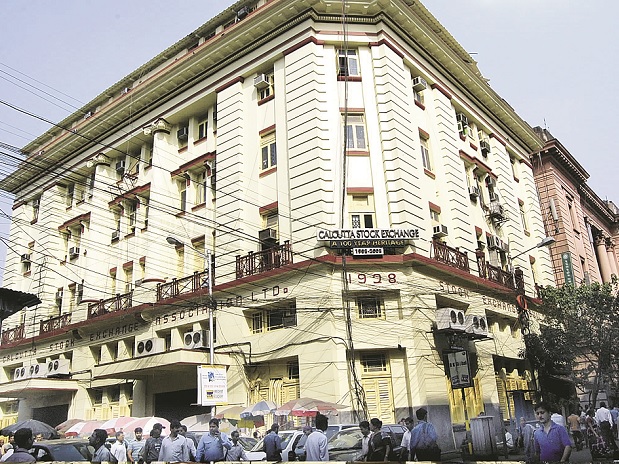Calcutta Stock Exchange Closes After 116 Years

Mamata Banerjee announces the historic closure, plans fintech hub in its place as financial landscape shifts to modern platforms
Bhubaneswar : West Bengal Chief Minister Mamata Banerjee has officially announced the closure of the Calcutta Stock Exchange (CSE), one of India’s oldest trading platforms established in 1908. This marks the end of a 116-year-old financial institution that once played a key role in eastern India’s economy. Speaking at a press conference in Kolkata, the Chief Minister expressed both sorrow and resolve while clarifying the need for this decision.
Banerjee noted that despite several efforts to revive it, CSE could not regain its trading volumes or investor base in the changing market environment. “The Calcutta Stock Exchange has a glorious past, but the times have changed. We tried various revival measures, but business could not be restored,” she said.
At its peak in the late 1980s and early 1990s, CSE was the second-largest stock exchange in India after the Bombay Stock Exchange (BSE). It served thousands of brokers and investors across eastern India. However, the introduction of electronic trading, rising competition from the National Stock Exchange (NSE) and BSE, and strict compliance norms of the Securities and Exchange Board of India (SEBI) gradually eroded its relevance.
By the early 2000s, most of its members had shifted to national exchanges that offered better liquidity, technology, and nationwide integration. Attempts to modernize the exchange through digital trading platforms, alliances, and regional collaborations failed to revive its financial viability.
Looking towards the future, the Chief Minister announced plans to repurpose the CSE building and its infrastructure. “We are considering transforming the site into a fintech hub for startups and digital finance ventures. Bengal will honour its financial heritage while embracing a modern future,” Banerjee added.
Former brokers and employees of CSE reacted with a mix of nostalgia and acceptance. Many recalled the bustling trading floors filled with ringing telephones and busy brokers, while others acknowledged that maintaining a regional exchange had become impractical in the current financial environment dominated by national players.
Economists believe that the closure of CSE reflects a growing concentration of India’s financial activities in Mumbai. Kolkata has struggled to maintain its financial standing due to limited corporate headquarters and institutional investors in the region. However, experts also see an opportunity. The rise of Bengal’s digital economy and fintech sector could help Kolkata reinvent itself as a modern financial centre.
The closure of the Calcutta Stock Exchange is symbolic beyond its immediate impact. It signifies the end of an era in India’s economic history — from an age of traditional trading floors to one ruled by digital platforms and national markets. While the physical trading floor may close, Banerjee said the spirit of innovation and enterprise that founded the exchange will continue in a new form suited for the modern age.
With this move, Bengal marks a transition from legacy financial systems toward building future-ready infrastructure focused on technology, startups, and inclusive growth.









